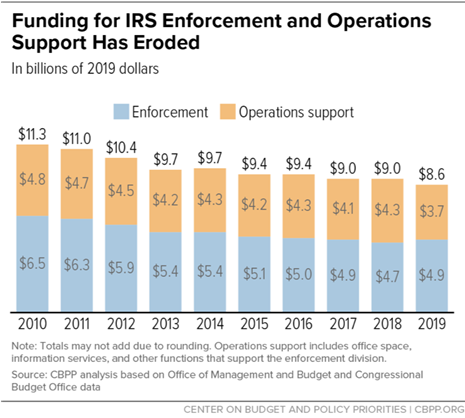A few thoughts on the new bill from Sen. Wyden to add reporting requirements + substantive restrictions on some of the worst abuses of #opportunityzones.
propublica.org/article/billio…
propublica.org/article/billio…
We've said Congress should evaluate how OZs are working & adjust as appropriate, and it's good to see this starting to happen.
cbpp.org/blog/opportuni…
cbpp.org/blog/opportuni…
The bill would (among other things):
-limit benefits for luxury housing & other "bad" projects
-keep funds from qualifying even if much prop is outside OZs
-limit ability of investors to qualify for pre-planned projects
-disqualify well-off "outlier" OZs that could get most $$
-limit benefits for luxury housing & other "bad" projects
-keep funds from qualifying even if much prop is outside OZs
-limit ability of investors to qualify for pre-planned projects
-disqualify well-off "outlier" OZs that could get most $$
There is still a broader Q about whether the tax break can create widespread economic gains for low-income households w/o requirements that low-income residents directly benefit. But this bill would be an improvement, and the convo should continue.
• • •
Missing some Tweet in this thread? You can try to
force a refresh







